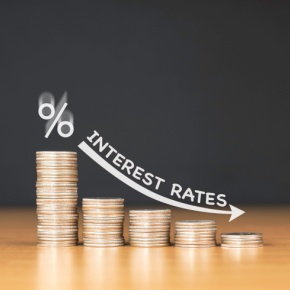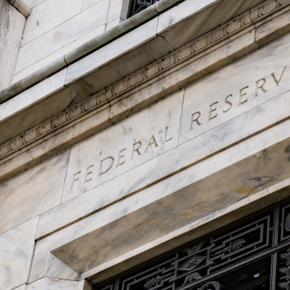Stocks experience a narrow gain, driven by mixed economic news and a rebound in durable goods orders.
The Fed's interest rate policy has been accused of not properly accounting for the amounts of fiscal stimulus that have been occurring in recent years, which could impact the current rally and future economic growth.
The Fed's decision to keep rates steady and signal three rate cuts this year boosted markets, with all three averages closing at record highs.
Investors in pharmaceutical companies need to navigate the nuances of the drug discovery process, including FDA designations, patent cliffs, and generic competition to make informed investment decisions.
The dot plot continues to show three rate cuts this year, the same as in December. However, only three cuts are now expected in 2025 (versus four previously) and the long-run neutral rate was nudged up by a tenth to 2.6%.
The news rattled investors and contributed to stocks closing lower for three consecutive days to end the week, with the energy, financials, and materials sectors all posting gains last week, showing that other groups may join the tech-led rally.
The economy seems to be doing just fine, with GDP around the 3% levels to which we had become accustomed, making it unclear why rate cuts are even necessary, particularly in the US.
The Federal Reserve's decision to keep interest rates unchanged at the March FOMC meeting sparks a waiting game for investors, with the potential for rate cuts later in the year.
The recent uptick in US inflation has led to a shift in the market's near-term rate-cut expectations, with many economists now predicting a slower pace of rate hikes.
Gold's recent price resilience has been supported by strength across global fundamental demand sectors, including central bank buying and strong jewelry demand.
The quality themes and companies offering exposure to AI are closely aligned with megatrends that are likely to define economies and markets for decades, including demographic shift, automation, digitalization, green energy, and geopolitical volatility.
The 1995/1996 rate cut episode, which consisted of only three decreases worth 75 bps in total, serves as an interesting parallel to the current situation, where the market has finally 'come to the Fed' with respect to rate cut expectations for 2024.










